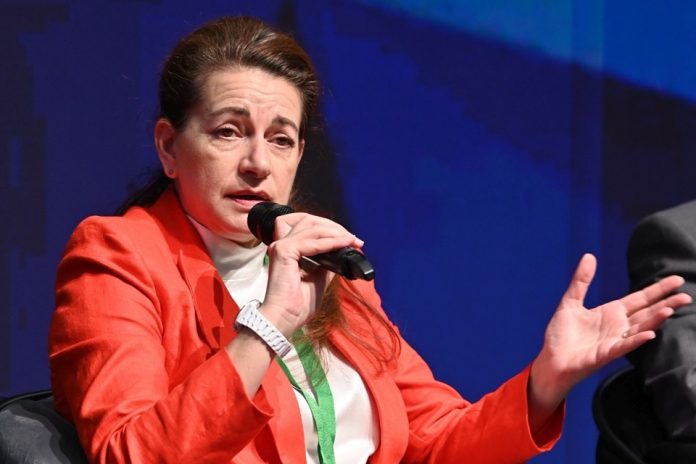“The amendment of Ordinance 5 in Parliament encourages the recycling of electrical and electronic equipment waste, and we know that this equipment contains a large amount of plastic. We want to build a platform through which we can collect data on the quantities of repaired and reused electrical equipment. It is very important and this will lead to a decrease in the amount of plastic generated.
With regard to the action plan for Romania’s circular economy, we are close to one year since the adoption of this document and I want to remind you that 10 priority areas have been identified. A field is transversal and deals with education, awareness, professionalization. Two of the domains are identified as having the most problems in Romania, namely water and waste. We still have 7 priority areas, such as food and beverages, agriculture, construction and demolition.
Each field has certain actions that start with a need for regulation, a need for completion and clarification, but they continue with responsibilities addressed to public authorities and public institutions, but also to private partners,” Mihaela Frasineanu, State Counselor, Environment Protection, Prime Minister’s Chancellery said during Sustainability in Business Forum organized by The Diplomat-Bucharest and Sustainability Today.
“Since the spring of this year, we have started a series of workshops in the country in which we explained to people what we should do, where we should reach, what are the sources of financing and what are the partners that they must have with them, either whether we are talking about public partners or whether we are talking about private partners.
Experience has shown us that if you leave the responsibility of implementing projects, of making plans, of building the future to a local authority, it is much more difficult, whether we are talking about bureaucratic procedures, public procurement, etc. The result is that things move quite hard.
What we say in these regional workshops is that now there is the possibility of public-private partnership and this is more than supported. We offer them examples of partnerships that work and examples of innovative solutions that they can apply.
Since last year, we initiated a series of meetings with civil society, which was also involved in the development of the strategy and the action plan for the circular economy of Romania. We have a working group on ecotourism that started from the problem of construction and demolition waste.”




